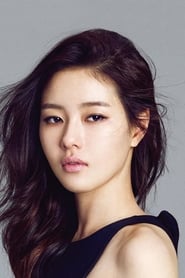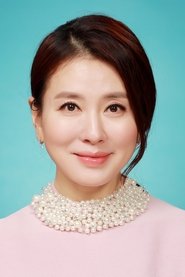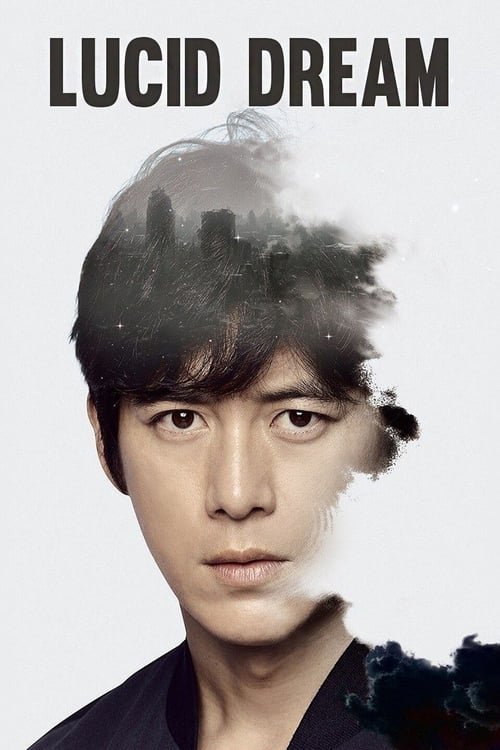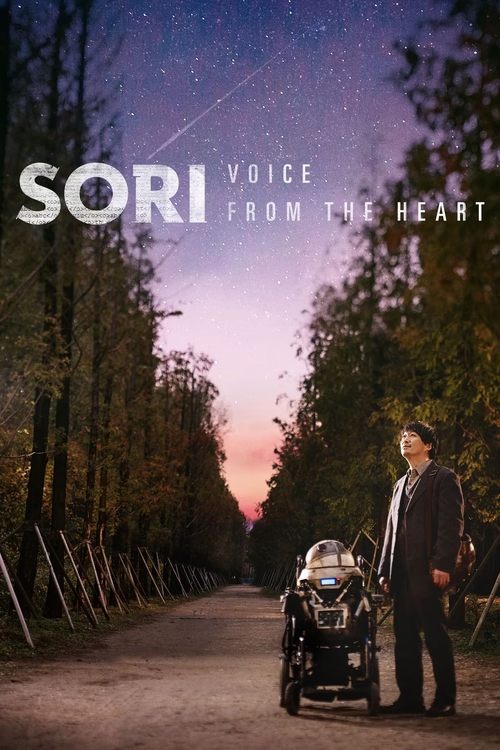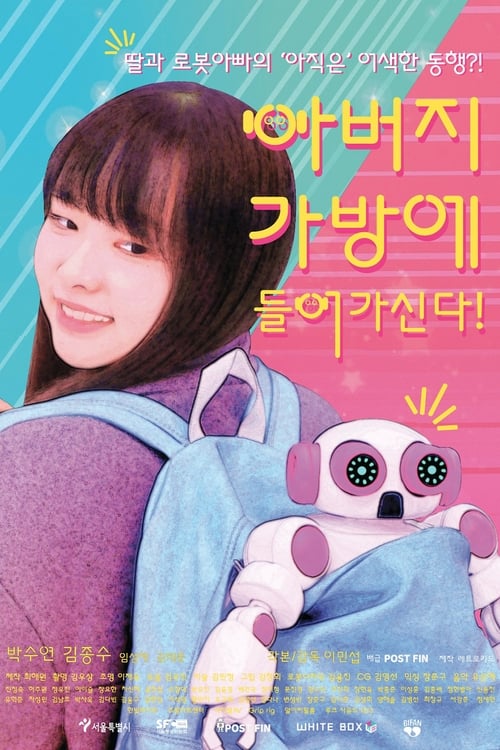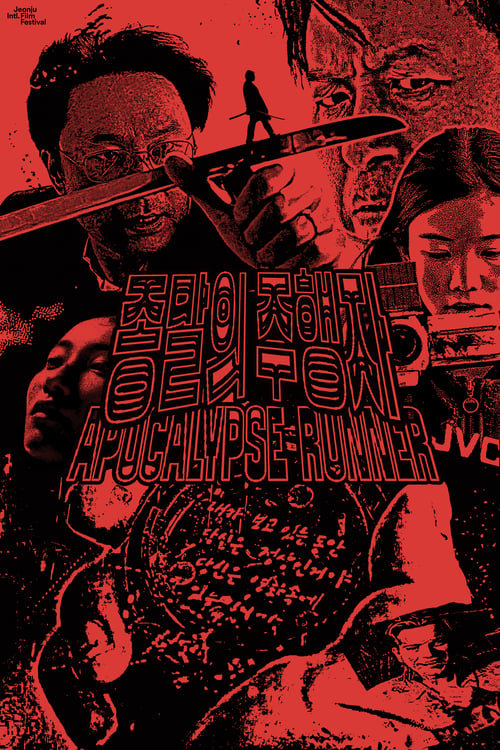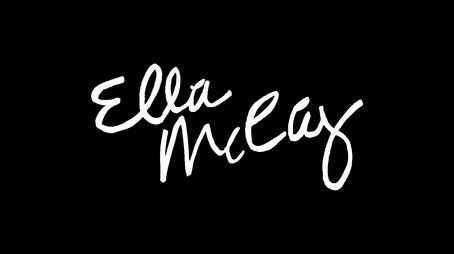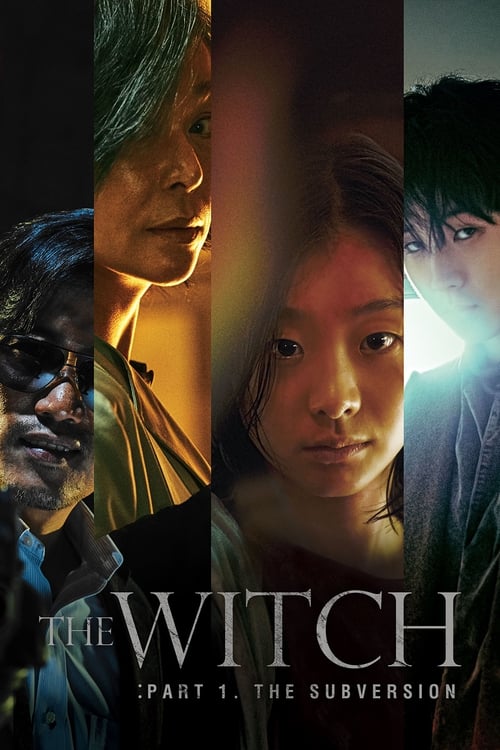
Ask Your Own Question
What is the plot?
More Movies Like This
Browse All Movies →What is the ending?
In the ending of "My Happy Home," the main character, a single mother named Jin-hee, faces the reality of her life as she navigates her relationships with her children and her own aspirations. The film concludes with Jin-hee finding a sense of peace and acceptance in her life, despite the challenges she has faced.
As the final scenes unfold, Jin-hee is seen reflecting on her journey. She has come to terms with her past and the sacrifices she has made for her family. The film closes with a poignant moment where she embraces her children, symbolizing her commitment to them and her hope for their future.
In a more detailed narrative, the ending begins with Jin-hee standing in her modest home, the walls adorned with family photos that tell the story of her life. The atmosphere is heavy with a mix of nostalgia and uncertainty. She has just had a heartfelt conversation with her eldest son, who has been struggling with his own identity and aspirations. Jin-hee listens intently, her face a canvas of concern and love, as he expresses his fears about the future.
Scene transitions to Jin-hee's younger daughter, who is preparing for a school performance. The excitement in the air is palpable, yet Jin-hee feels a twinge of sadness, realizing how quickly her children are growing up. She helps her daughter with her costume, their laughter echoing in the small space, a moment of joy amidst the weight of their circumstances.
As the performance unfolds, Jin-hee watches from the audience, her heart swelling with pride. The camera captures her emotional journey, the tears in her eyes reflecting both joy and the bittersweet nature of motherhood. This moment serves as a reminder of the sacrifices she has made and the love that binds them together.
The climax of the ending occurs when Jin-hee confronts her own dreams. She stands in front of a mirror, contemplating her aspirations that have long been set aside. The reflection shows a woman who has endured hardships but is now ready to reclaim her identity. This moment of self-realization is pivotal, as it signifies her acceptance of both her role as a mother and her own desires.
In the final scenes, Jin-hee gathers her children for a family meeting. The atmosphere is charged with anticipation as she shares her thoughts about their future. She encourages them to pursue their dreams, emphasizing the importance of happiness and fulfillment. Her words resonate deeply, and the children respond with a newfound sense of hope and determination.
The film concludes with a serene scene of the family together in their home, a place that has been a source of both struggle and love. Jin-hee embraces her children tightly, a visual representation of her commitment to them and her acceptance of their journey together. The camera pulls back, revealing the warmth of their home, symbolizing the idea that happiness can be found even in the midst of challenges.
In summary, Jin-hee finds peace in her role as a mother while also embracing her own aspirations. Her children, inspired by her strength, are motivated to pursue their own paths. The ending encapsulates the themes of love, sacrifice, and the pursuit of happiness, leaving the audience with a sense of hope for the future of this resilient family.
Is there a post-credit scene?
In the movie "My Happy Home," there is no post-credit scene. The film concludes its narrative without any additional scenes after the credits roll. The story wraps up with a focus on the emotional resolutions of the characters, particularly the protagonist, as she navigates her relationships and personal growth throughout the film. The ending emphasizes themes of family, love, and the importance of finding one's place in the world, leaving the audience with a sense of closure.
What challenges does the main character, a single mother, face in her daily life?
The main character, a single mother named Jin-hee, faces numerous challenges in her daily life, including financial struggles, the pressure of raising her son alone, and the emotional toll of her past relationships. She juggles multiple jobs to make ends meet while trying to provide a stable and loving environment for her son.
How does Jin-hee's relationship with her son evolve throughout the film?
Jin-hee's relationship with her son, who is navigating his own struggles, evolves from one of tension and misunderstanding to a deeper bond. Initially, her son feels neglected due to her work commitments, but as they face challenges together, they learn to communicate better and support each other emotionally.
What role does Jin-hee's mother play in the story?
Jin-hee's mother plays a significant role as a source of both support and conflict. She often expresses her traditional views on family and relationships, which clash with Jin-hee's modern approach to parenting. This dynamic adds layers to Jin-hee's character as she seeks to balance her mother's expectations with her own desires.
What specific events lead to Jin-hee's realization about her life choices?
Key events that lead to Jin-hee's realization about her life choices include a confrontation with her ex-partner, who reappears and complicates her life, and a pivotal moment when she witnesses her son struggling with feelings of abandonment. These moments force her to reflect on her priorities and the impact of her decisions on her family.
How does the community around Jin-hee influence her journey?
The community around Jin-hee, including her friends and neighbors, plays a crucial role in her journey. They provide emotional support and practical help, but also challenge her to confront her fears and insecurities. Their interactions highlight the importance of community in overcoming personal struggles and finding happiness.
Is this family friendly?
"My Happy Home," produced in 2016, is a film that explores themes of family dynamics, aging, and the emotional struggles associated with these topics. While it is generally suitable for a family audience, there are some elements that may be considered objectionable or upsetting for children or sensitive viewers.
-
Themes of Aging and Illness: The film deals with the realities of aging, including the physical and emotional challenges faced by elderly characters. This may be distressing for younger viewers or those sensitive to topics of mortality and decline.
-
Family Conflict: There are scenes that depict tension and conflict within the family, which may be uncomfortable for some viewers. These moments highlight misunderstandings and emotional struggles among family members.
-
Emotional Distress: Characters experience significant emotional turmoil, including feelings of loneliness, regret, and sadness. This emotional weight may resonate deeply and could be upsetting for sensitive audiences.
-
Depictions of Caregiving: The film portrays the challenges of caregiving, which can be intense and may evoke feelings of anxiety or sadness regarding the responsibilities and sacrifices involved.
Overall, while "My Happy Home" offers valuable insights into family relationships and the aging process, its exploration of these themes may require parental guidance for younger viewers or those who are particularly sensitive to emotional content.





